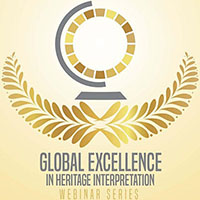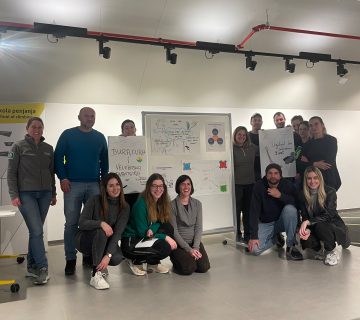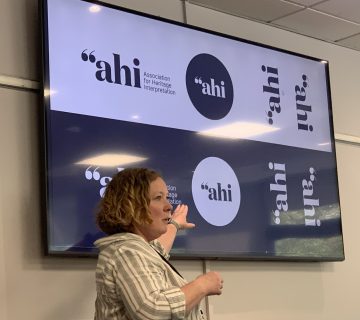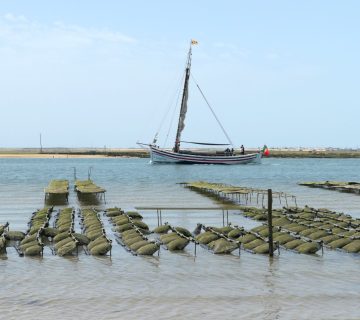Global Alliance for Heritage Interpretation is inviting all interpreters around the world to a series of webinars in 2024.
Join the next one:
Friday, 11 October, 16:00 CEST
EVRYNOUS’, in Greek, means open-minded
In the remote NE corner of Greece, where cultures and ethnic groups intermingle for centuries, the project EVRYNOUS offered local people a challenge: to discover the half-forgotten stories of their own regions, weave them together with their own personal stories to create meaningful interpretive walks. The final result was a strong network of local people of the whole Evros prefecture, ready to inspire us with their newly acquired interpretive skills.
Valentina Sokratous lives in Alexandroupoli Greece and has been working as a Museum coordinator since 2018 and head of Museum Learning since 2011 at the Ethnological Museum of Thrace. She designs and implements community projects and workshops in various groups, using multiple techniques and approaches. As well as an experienced cultural manager in social change-based projects. Her studies are in the field of Pedagogy, and she has an MSc in Innovative Approaches in Learning in Multicultural Environments. She is an alumnus from START-Create Cultural Change /Goethe-Institute Thessaloniki & Bosch Foundation Germany 2019-20 and the US. State Department & Embassy of Greece residency recipient (2021 & 2023) for the “Promoting Social Change through the Arts” International Visitor Leadership Program. She has created and participated in various performance art projects and strongly believes that our heritage and culture is the key to implement social change.
Valya Stergioti is the founder of Alli Meria, a team of Greek professionals aiming in promoting heritage interpretation in Greece and beyond. For the last twenty years, she has been a free-lance interpretive planner, writer and trainer, collaborating with NGOs, public institutions and governmental agencies, in many different countries of the world. She has been Interpret Europe’s training coordinator for eight years and is still working closely with IE for the development and implementation of its training programme. She’s especially interested on the co-creation of interpretive services with local communities and on heritage interpretation at sites seriously affected by the climate crisis.




